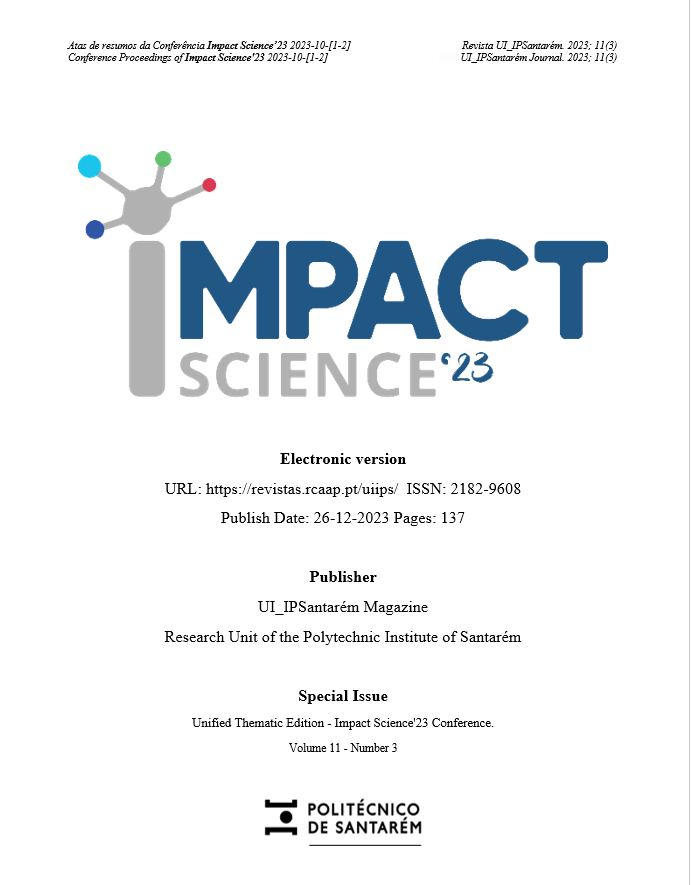Exploring Factors and Attitudes Towards Household Food Waste: A Study on Consumer Concerns and Practices
DOI:
https://doi.org/10.25746/ruiips.v11.i3.32140Keywords:
Food waste, income, literacy, food remains, leftoversAbstract
Increasingly, there has been a growing concern among consumers regarding food waste. In the European Union, a total of 89 million tonnes of food good for human consumption is wasted annually, of which 53.6 % is household waste and 19.4 % is wasted in the processing sector. This study aimed to explore the factors that contribute to the increase or decrease in household food waste, particularly economic income. A questionnaire was constructed using Google Forms and made available online from 10/11/2022 to 9/12/2022. It was anonymously answered by a total of 178 participants. Most participants were female (75.8 %) and between the ages of 18 and 50 (72 %). The majority had a net income between 1000 and 2000 euros per month (48.5 %), 29.9 % had an income above 2000 euros, and 21.6 % had an income below 1000 euros. Regarding domestic food waste, 91% of participants reuse leftovers in subsequent meals, 14 % use them as pet food, 7.9 % discard them, and 3.9 % use them as fertilizer. As for food waste literacy, 50.6 % of respondents reported not having knowledge about the quantity of food wasted in Portugal. Statistical analysis showed no significant relationship between income and knowledge of food waste (p = 0.577). This study showed that respondents are concerned about reducing food waste, with reusing food leftovers at home being one of the main ways to do so. This concern appears to be independent of participants' economic income.
Downloads
Published
How to Cite
Issue
Section
License
Copyright (c) 2023 Maria Paula Pinto, Jandira Valente, Leonor Pessoa, Vanessa Fazeres, Julia Otlowska

This work is licensed under a Creative Commons Attribution-NonCommercial-NoDerivatives 4.0 International License.
Authors publishing in this journal agree to the following terms:
Authors retain copyright and grant the journal the right of first publication, with the article simultaneously licensed under the Creative Commons Attribution License that allows sharing of the work with acknowledgement of authorship and initial publication in this journal.
Authors are permitted to enter into additional contracts separately for non-exclusive distribution of the version of the article published in this journal (e.g., publish in an institutional repository or as a book chapter), with acknowledgment of authorship and initial publication in this journal.
Authors have permission and are encouraged to publish and distribute their work online (e.g., in institutional repositories or on their personal webpage) at any point before or during the editorial process, as this may generate productive changes, as well as increase the impact and citation of the published work.



